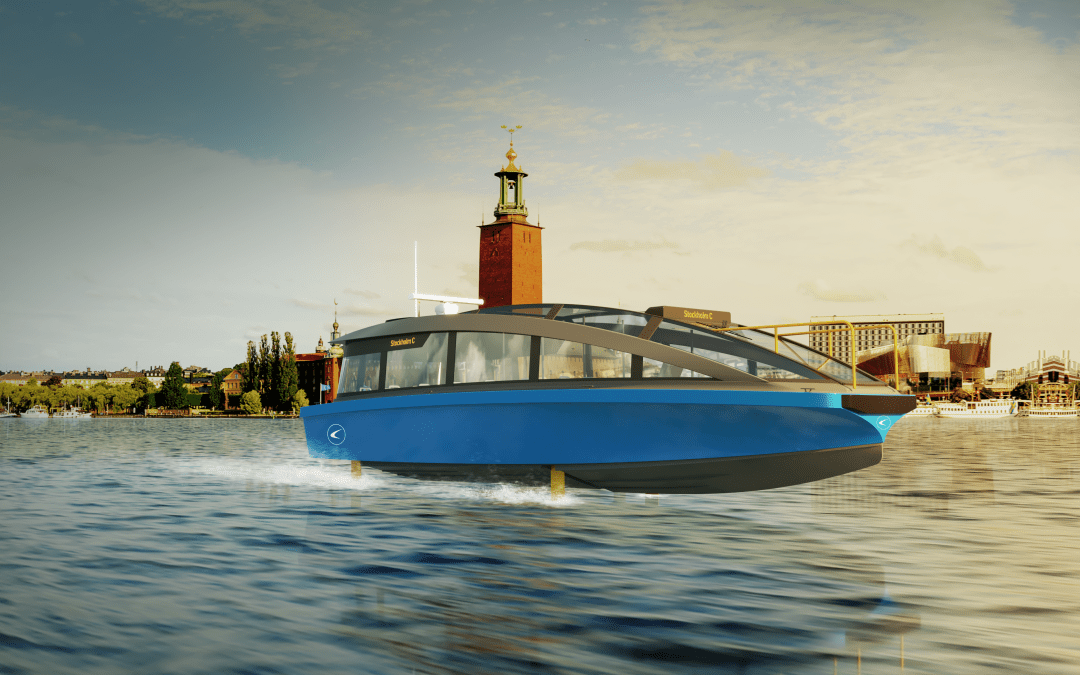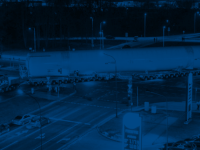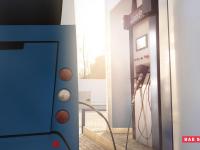Swedish electric boat startup Candela has announced it is developing an all-electric 30-person hydrofoiling passenger boat to serve the Stockholm archipelago.
Part-funded by the Swedish transport authority, the Candela P-30 is set to launch in 2022 and begin service in 2023. It will be capable of travelling at a cruising speed of 20 knots (about 40km/h) for more than three hours before recharging. Top speed is 30 knots.
According to Candela, the P-30 will consume about 3 kWh per nautical mile, which is 80-90 per cent less than a conventional ferry and comparable to the energy consumption of a modern electric-hybrid bus.
On its launch, Candela says the P-30 will become the world’s longest-range electric passenger ship. A recent report by the municipality of Stockholm estimated the overall cost of operating the P-30 will be half that of the conventional fleet of 60 diesel ferries currently serving the 30,000-island Stockholm archipelago.
“Today, most of our waterways are unused for mass transit, but our roads are congested during rush-hour traffic,” says Gustav Hasselskog, founder and CEO of Candela.
And Candela has ambitions beyond its domestic market. “Opening up urban waterways for high-speed electric transport can revolutionise commuting in cities such as San Francisco, Seoul or Amsterdam – at a very low cost. There’s no need to build new infrastructure,” he adds.
The P-30 is essentially scaling up technology developed for the Candela Seven speedboat, a carbon fibre-hulled foiling e-boat.
The aim is to bring “the efficiencies and comfort of foiling to public transport”. The high drag of conventional boats means they are challenging to electrify with current battery technology. But the P-30 ‘flies’ on computer-controlled hydrofoils, that significantly reduces energy consumption.
Hydrofoiling boats also produce little wake, allowing them to travel at higher speeds than traditional boats in urban waterways.





